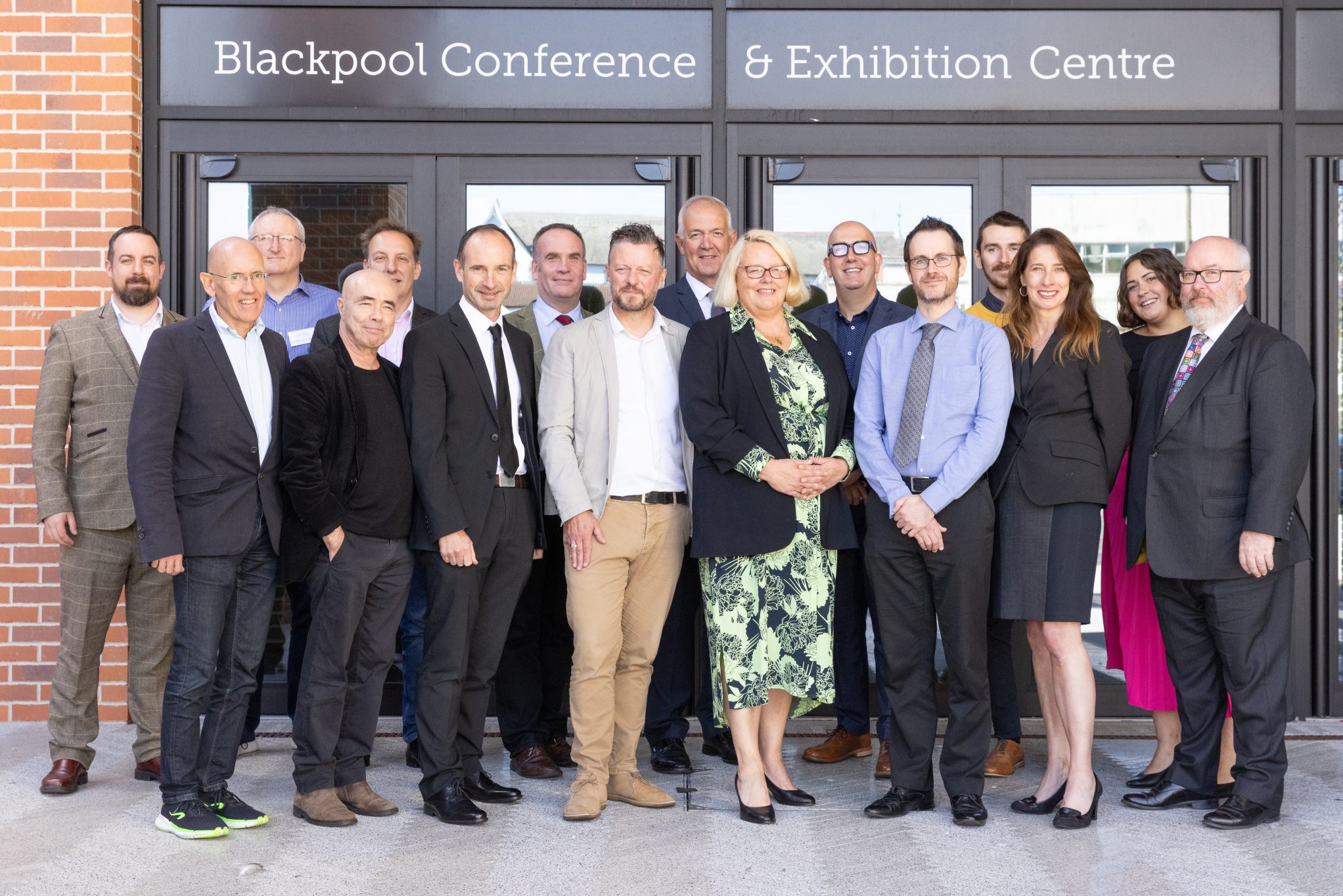Lancaster University is proud to partner with the public sector, working together to drive policy change and improve public services.
Lancaster University’s expertise, thought leadership, and world-leading research address critical challenges such as digital security, public health, economic growth, skills and education, and climate change. It is dedicated to promoting social justice, equality and inclusion.
Renowned for its multidisciplinary approach to problem-solving, Lancaster delivers real-world solutions and better governance by injecting academic insight. Its global outlook and powerful networks help drive meaningful, positive innovation which benefits society as a whole.
As a member of the Civic University Network, Lancaster also brings the collective power of the UK higher education sector to advance societal, economic and environmental goals in its place at the heart of Lancashire and Cumbria.
It works closely with other anchor institutions to ensure that Lancaster’s academic expertise is central to a collaborative approach to seizing opportunities and addressing regional challenges.


.jpg)



.jpg)